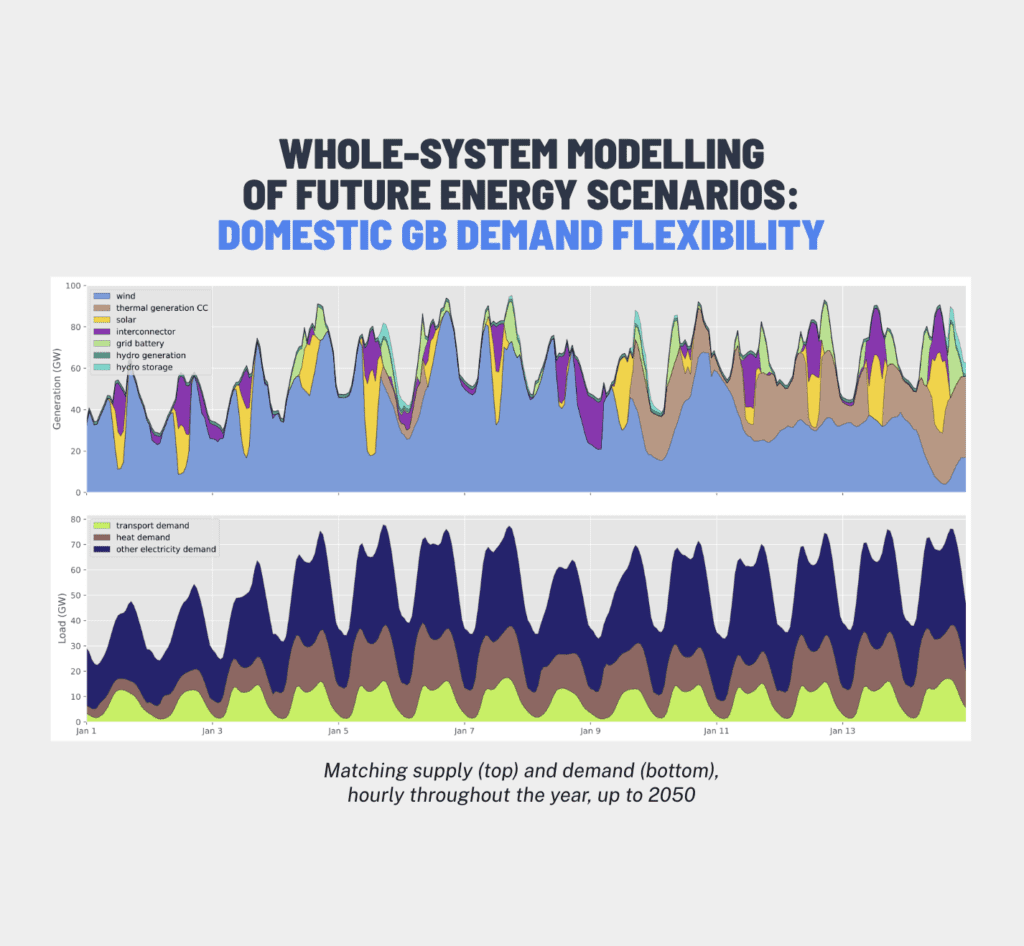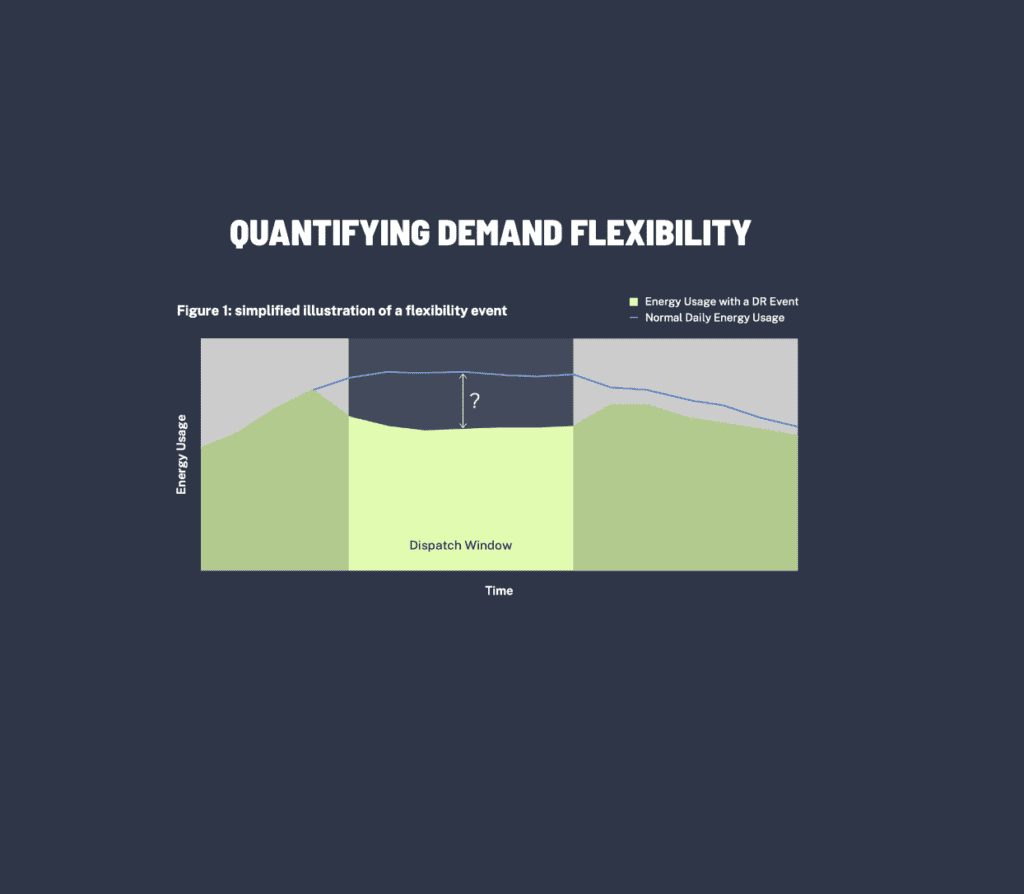Papers
Centre for Net Zero, Octopus Energy, National Grid ESO

Context
Over the last 25 years, the electricity system in the UK has seen significant changes to provide greener, more affordable electricity. Renewable generation accounted for nearly 40% of all generation in 2021. Increasing levels of electrification and a greater reliance on renewables means that we will need to keep the system in balance. As a result, ‘domestic energy flexibility’ will play a key role in future energy systems.
The rise of controllable low-carbon technologies (LCTs) in the home can help us shift around demand. These technologies include electric vehicles, heat pumps and home batteries – and even households without any LCTs can participate.
Overview
National Grid ESO and Octopus Energy (OE) previously ran the first large-scale domestic flexibility trial in 2021. ‘The Big Dirty Turn Down’ (BDTD) was designed to understand the short-term response potential of domestic customers to reduce their demand. This is particularly important at times when the system is judged to be under stress.
OE customers were invited to ‘opt-in’ to the trial and reduce their consumption during a two-hour window. They were given a specified target relative to their historical demand and received a credit for participation as a result. In total, eight events were run as part of the BDTD trial, covering three trial window times. More than 100,000 domestic customers opted-in to the trial, making it the largest UK domestic energy flexibility trial to date.
Key results
This trial proved the ability of households to respond to external signals and bring down their energy consumption significantly. The response from consumers generated: system-level emissions impact: marginal emissions on the grid were reduced by 47 tCO2.The average participant turned down by 0.5 kWh in a two hour window. If scaled, this could significantly impact on system load reduction.
This report delves deeply into the results of the trial and the subsequent lessons learned to inform future work on domestic flexibility.
To read the full report, click ‘read online’ in the right-hand side box.










